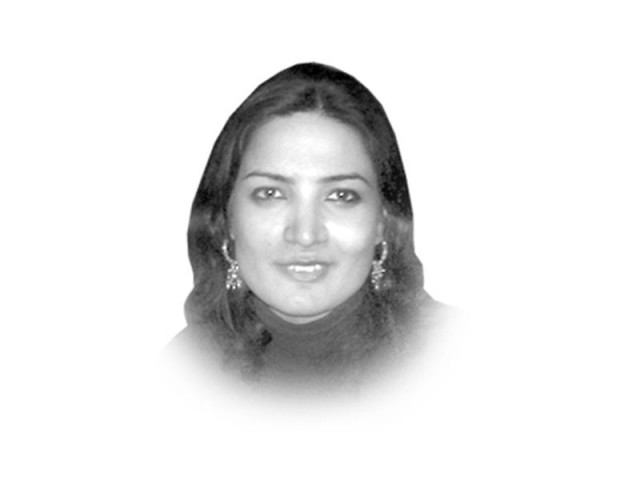Social mobilisers
Shabana, Nazira are those people who not only have courage but challenge others to call upon their reserves as well.

Shabana is a social mobiliser working with rural communities in Mirpur Khas. She educates women in rural communities and gives them basic training on a number of issues ranging from health and hygiene to start up businesses and gender rights. Once, she was holding a meeting in the house of a Muslim woman where a few Hindu women also came to attend. One woman came with her toddler who was thirsty and asked for water. The host initially tried to ignore the child’s request for water because she did not want a low caste Hindu boy to drink from her glass. When the child repeatedly asked for water and other people insisted that she get him some, she brought it in a dirty broken cup. The child refused to drink from the cup and started to cry. The mother of the child was frustrated and slapped him while crying at the humiliation herself.
Shabana quietly observed the incident but did not say anything. She asked the hostess to get her some water and both Shabana and the child drank from the same glass. Some women were scandalised but most just watched Shabana sharing the glass with a Hindu boy and then cradling him in her arms during the discussion with the group. After working for 16 months in the community, Shabana’s perseverance, patience and courage has made such a difference that all the women eat and drink from the same plates and glasses. Furthermore, some women have even saved up enough money to start their collective businesses.
Nazira, another woman of courage, is a low caste Hindu from a village in southern Sindh. Married off at age 15 to a jobless man, she became a mother one year later and realised that she had to shoulder the multiple responsibilities of a wife, a mother and the sole breadwinner for her family. After having two more children while working at any odd job she could get her hands on, she decided not to have any more. Her husband, a lazy man who worked sporadically, took it as a slight and did not accept her decision. He tried everything, from coaxing her to beating her black and blue but Nazira remained steadfast in her determination and sought medical measures to keep her family small. The husband left afterwards, abandoning Nazira to fend for herself and her three children.
Nazira is 27 today and works as a labuorer for a community infrastructure development project run by an NGO with a regular income and medical insurance. She lost her home in the rains last year but she is happy and content. Her sons go to school and she is looked up to by the women in her community as a courageous woman who worked hard to change her life. Many other women adopted family planning measures following Nazira’s example.
Shabana and Nazira, sadly, may not be called heroes by many people in our society. But what they are doing is amazing at many levels because their examples not only challenge unhealthy practices in our society but also give rural communities much-needed role models to follow.
Published in The Express Tribune, June 11th, 2012.















COMMENTS
Comments are moderated and generally will be posted if they are on-topic and not abusive.
For more information, please see our Comments FAQ